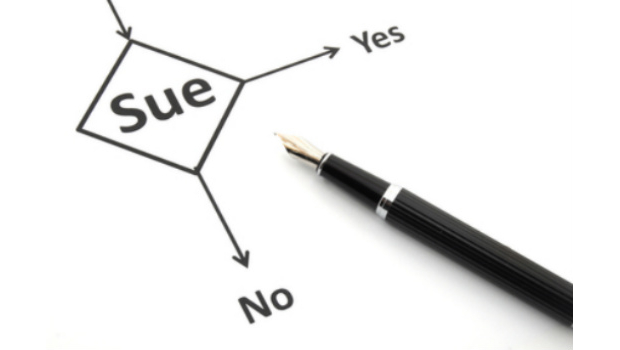One of the lead plaintiffs in a class-action lawsuit that accused Google, Apple, Adobe and Intel of conspiring to suppress wages by not poaching each others’ employees is firing back against a settlement reached last month.
Michael Devine, one of the four class representatives in the case, sent a letter over the weekend to Judge Lucy Koh, asking the court to reject a reported $324 million settlement, on the grounds that it is “unfair and unjust”.
Plaintiffs in the case had sought $3 billion in damages in lost wages, which under antitrust laws could have tripled to a $9 billion reward had they won in court. Some 64,000 workers are represented in the class.
The settlement agreement, Devine said, “is grossly inadequate and fails to achieve justice for the class”.
“The tentative settlement, if it stands, amounts to big profits for plaintiffs’ counsel, insulation from real liability for the defendants, and locks in a significant net loss for the class,” he said. Devine has created a website, Tech Worker Justice, which says he is seeking alternative counsel to assist him in better representing the interests of the class.
The case has been one of the most closely watched in Silicon Valley. It accused executives at some of the biggest tech firms, such as Eric Schmidt of Google and the late Steve Jobs of Apple, of entering into secret agreements not to hire each others’ workers, to protect their investments and reduce competition. The effect, plaintiffs argued, was reduced wages and a restricted ability to switch jobs.
The distribution of the settlement has not yet been negotiated. But attorneys in the case stand to earn as much as 25% of it.
And $324 million is pocket change for companies like Google or Apple; distributed among all members of the class it would amount to just several thousand dollars, if that.
Devine offered this analogy: It would be like getting caught shoplifting a $400 iPad, but the resolution would be a $40 fee to Apple, and keeping the iPad.
The letter marks an interesting development for the case; whether it will have an impact and Devine is able to enlist the support of other members of the class is unclear.
In a statement, an Adobe spokeswoman said: “We firmly believe that our recruiting policies have in no way diminished competition for talent in the marketplace. Adobe strongly denies that it violated any laws or engaged in any wrongdoing.”
Intel and Google declined to comment; Apple could not immediately be reached.
The companies had been expected to settle, especially given damaging e-mails between Schmidt and Jobs that could have surfaced in court, potentially damaging the firms’ reputations.
A hearing on the proposed settlement is scheduled for 19 June. Devine’s objection, and his cause, could be discussed during that hearing.
“The class wants a chance at real justice,” he said.
IDG News Service







Subscribers 0
Fans 0
Followers 0
Followers